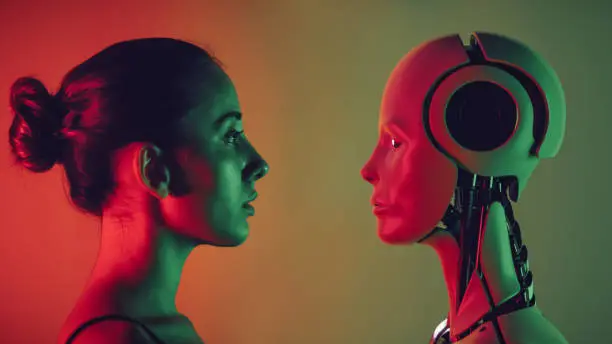OpenAI further accelerated its hardware and AI ambitions on Tuesday, announcing that Caitlin Kalinowski, former hardware lead at Oculus VR, will lead the robotics and consumer hardware team.
“OpenAI and ChatGPT are already changing the world by improving how people receive and interact with information, bringing huge benefits around the world,” Kalinowski wrote in her LinkedIn announcement. “AI is the most exciting frontier in technology right now, and I couldn’t be more excited to be part of this team.”
If you think OpenAI’s interest in AI hardware will lead to the failure of devices like the Humane Pin, Kalinowski clarified that this new position is in the field of robotics, not necessarily the development of AI devices. “In my new role, I will initially focus on OpenAI’s robotics efforts and partnerships to bring AI to the physical world and unlock benefits for humanity,” Kalinowski added in a post on X (formerly Twitter).
The idea of ”consumer hardware” based on OpenAI’s large-scale language models is certainly intriguing. Kalinowski was previously head of AR glasses at Meta, including the recently announced groundbreaking prototype Orion, the first fully holographic AR glasses.
Planning for the future of AI Robotics and Hardware
OpenAI is also reportedly working with legendary product designer and former Apple Chief Designer Jony Ive on an undisclosed upcoming AI hardware project. A year after the initial news of the partnership, the news is still very sparse, except that, as reported by The New York Times, it may be about “how generative AI has enabled the development of new computing devices because they do more for users than traditional software could.” Ive reportedly works with a small team of 10 people, but also counts Tang Tan and Evans Hankey, who developed the iPhone together, among his collaborators. Ive himself is reportedly leading the hardware design effort.
It’s no secret that OpenAI has ambitions beyond chatbot software and large language models. The company made headlines earlier this summer when OpenAI CEO Sam Altman announced an overly ambitious $7 trillion plan to build a chain of foundries to produce OpenAI’s next generation of AI chips. The idea was rejected outright by TSMC, who called Altman a disingenuous “podcasting bro” for even bringing up the idea.
OpenAI then announced in late October that it would work with Broadcom to build its own chips while adding both AMD and Nvidia hardware to rapidly expand its computing infrastructure.


